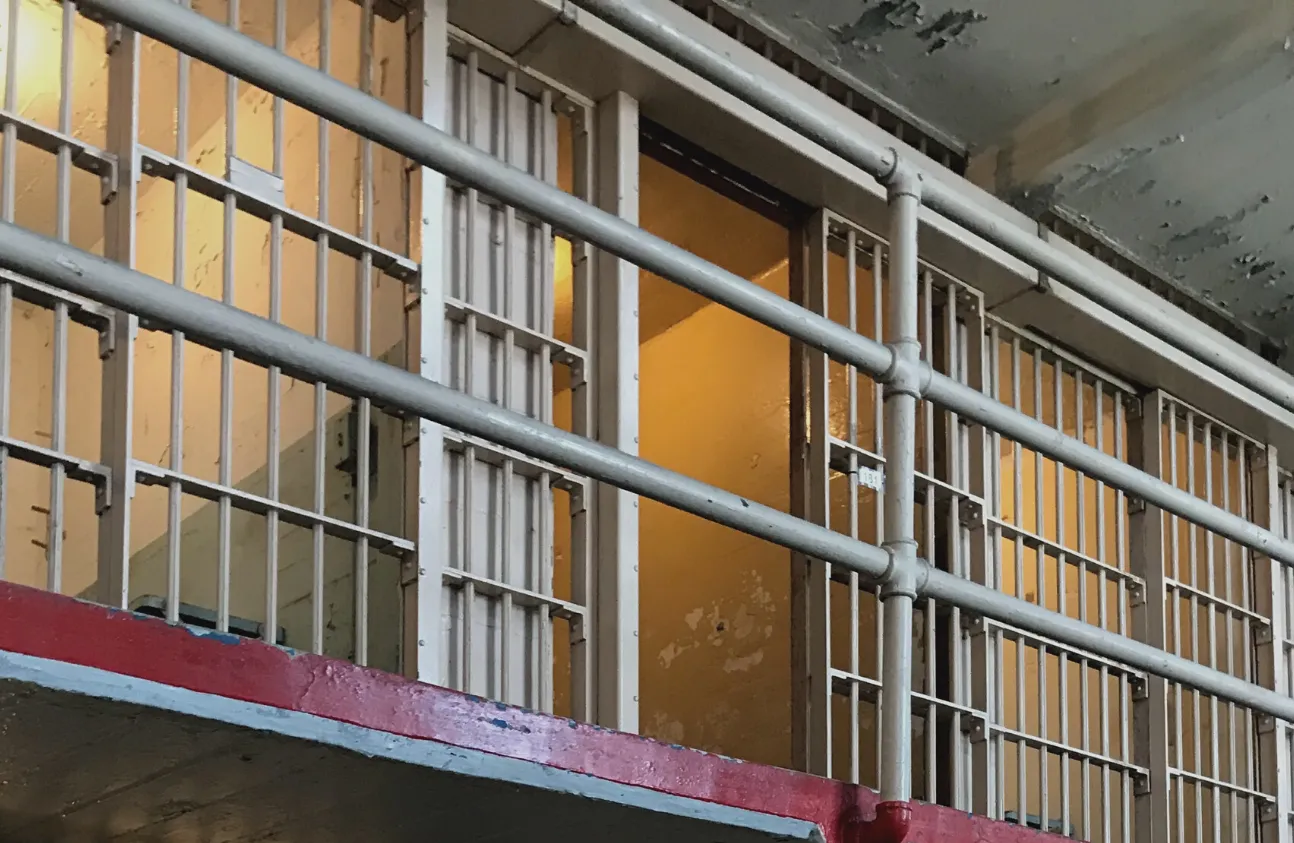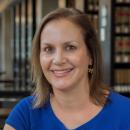Federal Criminal Justice Clinic Symposium to Examine Clemency, Compassionate Release, and Other Second Chances

The Law School’s Federal Criminal Justice Clinic (FCJC) and the Illinois Prison Project will convene lawyers, advocates, academics, and formerly incarcerated individuals for a two-day virtual symposium to examine clemency, compassionate release, and other post-conviction “second looks.”
The event, which grew in part from the clinic’s successful efforts to win federal compassionate release for clients during the COVID-19 pandemic, will seize on momentum around the country for re-examining excessive sentences and creating more legal avenues for second chances.
“There’s been [a move to create] greater space for second chances in our system,” said Clinical Professor Erica Zunkel, the FCJC’s associate director. “We have laws that we're questioning and changing—for example, mandatory minimum laws that don't give judges discretion and have resulted in troubling racial disparities—and we’re rethinking a lot of the punitive impulses that have characterized the system for decades. And the question now is how do we address that?”
Second chances, Zunkel and others said, are an important tool for reducing mass incarceration. But the mechanisms are often difficult to access or don’t exist.
“In the federal system there are the narrowest of avenues to fight for second chances—clemency is presidential and compassionate release is very cabined,” said Zunkel, who organized the event with Clinical Professor Alison Siegler, the founder and director of the FCJC, and Jennifer Soble, founder and executive director of the Illinois Prison Project. “And the clemency system is completely broken at the federal level.”
In 2020, after several COVID-19 outbreaks in federal prisons, FCJC students and faculty formed a pandemic response team that filed seven petitions for medical compassionate release, six of which resulted in early release or release to home confinement for their clients. The clinic has expanded its post-conviction work to fight for compassionate release for people serving long sentences. Building upon the clinic’s successful litigation in the fake stash house cases—which resulted in plea deals for 43 individuals who had been accused of robbing non-existent drug stash houses, saving them hundreds of years in prison—Zunkel and FCJC students sought compassionate release for several other incarcerated individuals who had been convicted in the reverse sting operations before the litigation began. Among those clients was Dwayne White, who was released from prison last summer. He will serve as a panelist at the symposium.
“Second chances are integral to the FCJC’s broader mission of spearheading transformative system change and advocating for a less punitive world.” Siegler said. “We hope the symposium will provide concrete tools for lawyers and advocates working in the post-conviction space.”
Siegler, Zunkel, and Soble will serve as moderators during the event, along with FCJC Clinical Professor Judith Miller and a variety of other leaders in the field. Other participants will include lawyers and advocates from the Illinois Prison Project; Yaacov Delaney, the director of the Justice, Equity and Opportunity (JEO) Initiative in Illinois Lieutenant Governor Juliana Stratton’s Office; Dr. Rachael Bedard, former Director of the Geriatrics and Complex Care Service for the New York City Jail System and Research Fellow at the Institute to End Mass Incarceration; criminal defense attorneys; academics; and more. Topics will include discussions on medical compassionate release, resentencing, and clemency. (See a full list of panels and participants here).
The final panel, “First Person Perspectives: The Experience of Receiving a Second Chance,” will feature White and other individuals who are “justice impacted,” a term advocates use to describe the formerly incarcerated. It will be moderated by Leslie Mayfield, an FCJC fake stash house client who is now a second chances advocate.
“The best way to promote second chances and to get people to pay attention to this issue is to let them hear from impacted people directly,” Zunkel said. “We want to put faces to the issue, and to hear the stories of how Leslie and Dwayne retained hope in prison while serving these long, unjust mandatory minimum sentences, how it feels to be out, and how they want to help people whom they feel like they left behind in prison.”
Zunkel said she hopes that second chance relief will become more accessible—and that increased attention will lead to greater resources for representation and release planning.
“Right now, there's a sense that to get a second chance, your case has to be extraordinary—there’s been an extraordinary injustice, or you've done extraordinary things in prison,” Zunkel said.
But, she added, there are so many others who are deserving of second chances and they need advocates who are equipped to tell their stories.
“We need to normalize second chances,” Zunkel said. “We need to have more avenues for them, and we need to make it easier for people to get them.”
To register for the virtual symposium, and to see a list of panels and participants, please visit the event page on the Law School’s website.

